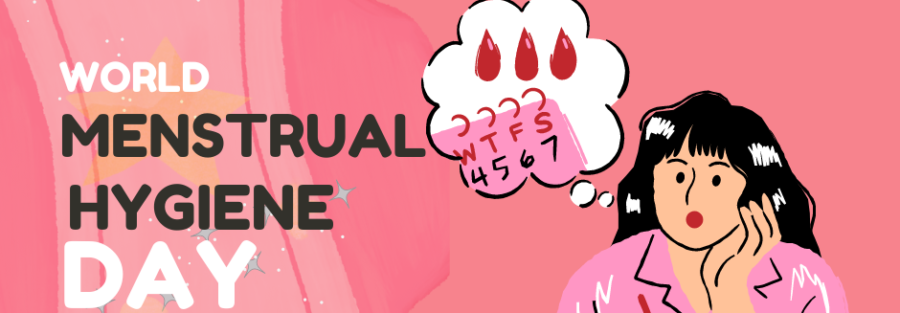Why should girls be ashamed to attend school or mingle with their peers because of period stigma? Why are women excluded from activities when they are on their periods? Why are girls being mocked at schools because their period came unexpectedly? Whose role is it to make periods something we can all discuss openly?
Menstruation, a natural and essential biological process experienced by half the global population, remains one of the most stigmatized aspects of human life. Despite its universality, many girls and women face significant barriers and taboos that affect their daily lives. From missing school due to period shame to being sidelined in certain activities because of menstruation, the impact of period stigma is profound and far-reaching.
Stigmatization is often rooted in societal taboos and a pervasive lack of education about menstruation, especially among males. Addressing these misconceptions and promoting understanding across all genders is crucial to building a more inclusive and supportive Ghana.
In a world striving for equality and inclusion, addressing these issues requires comprehensive education that includes everyone, especially males, who often grow up with little or no information about this fundamental aspect of female reproductive health.
Breaking the Silence
The first step towards a period-friendly world is breaking the silence surrounding menstruation. Everyone, especially, men need to understand that menstruation is a normal biological process, not a source of shame or embarrassment. Encouraging open conversations about periods can dismantle long-standing taboos and promote a culture of acceptance and support.
Comprehensive education about menstruation should begin early, ideally integrated into school curriculums. Boys must learn about periods alongside girls, ensuring that they understand the emotional and physical challenges that accompany menstruation. This knowledge fosters empathy and reduces the likelihood of perpetuating myths and stigmas.
Men and boys who are well-informed about menstruation can better support women and girls in their lives. This support can take many forms, from understanding the need for menstrual hygiene products to being sensitive to the physical discomfort and emotional fluctuations with periods.
The media has a profound influence on societal attitudes. Positive representation of menstruation in media can help normalize it and reduce stigma. Men in influential positions within the media industry can contribute by promoting accurate and respectful portrayals of menstruation.
Ending Period Poverty
Period poverty, the lack of access to menstrual hygiene products and education, is a significant issue in Ghana. Taxes on sanitary pads must be waived completely to make these products more affordable for everyone. Efforts must be made to ensure girls can easily find menstrual products for free at schools, pharmacies, and other strategic locations. Policies must be reviewed and updated to meet the growing needs of women and girls, ensuring that menstrual health is prioritized in public health agendas.
Men can be powerful allies in addressing this problem by supporting initiatives that provide menstrual products to those in need and advocating for policy changes that ensure menstrual health is a priority in public health agendas.
Way Forward
As we commemorate this year’s World Menstrual Hygiene Day under the theme ‘‘Together for a Period Friendly World”, we remind ourselves that creating a period-friendly world is a collective effort. It is a clarion call for everyone to champion menstrual hygiene and health. This partnership can lead to a more empathetic, informed, and supportive society where menstruation will no longer be a taboo but a recognized and respected part of women’s and girls’ lives.
Educating males about menstruation is crucial for fostering a period-friendly world. By breaking the silence and promoting understanding, we can stop the stigmas surrounding periods and build a society that respects and upholds menstrual health as an essential component of the overall well-being of females.



